The Artificial Intelligence and the Big Bang
Exploring AI and the Big Bang
Both the artificial intelligence and the Big Bang have become critical areas of human investigation. Artificial intelligence (AI), given its ability to analyze massive datasets and detect patterns, has surfaced as an important asset in scientific disciplines, including cosmology. The Big Bang theory, that marks the beginning of the Universe around a singularity 13.8 billion years ago, encompasses enormous challenges due to the extremely hostile conditions of the early universe. This article investigates the transformative role AI is playing towards deepening our knowledge of the Big Bang, as well as the moments of profound change AI’s own development has undergone, which illuminate the bond between technology and cosmic exploration.
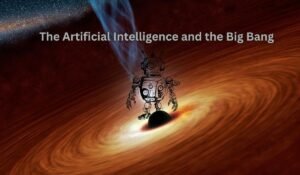
AI in the Research of the Big Bang Theory
What is the Big Bang?
The Big Bang theory postulates that the universe began from a singularity that was infinitely dense and hot, roughly around 13.8 billion years ago. After this event, the cosmos underwent expansion, cooling phase, as well as evolutionary processes and now exists as we see today. In fundamental physics as well as in the science of cosmos and its structure, comprehending conditions right after Big Bang is essential. Even though the theory is widely accepted, it is still subject to ongoing refinement, and scrutiny, which makes advanced technologies like AI immensely valuable for further profound investigations.
Challenges in Studying the Early Universe
The initial stages of the universe offer unique challenges due to its energy levels and extreme conditions. Matter existed as quark-gluon plasma immediately after the Big Bang, a fleeting state where quarks and gluons could move freely. This hyper state of existence was only for mere microseconds. These conditions are now replicated by scientists using high-energy particle collisions – like those performed at CERN’s Large Hadron Collider (LHC). Despite their attempts, raw data is still tremendously obfuscated, overlaid with countless quantum interactions, and multi-layered complexities of divinity resulting in the universe’s energetic properties, in which the former analysis methods fail to meet the needs of modern evolving scientific paradigms.
Role of AI in Particle Physics
Machine learning and neural networks, as subdivisions of AI, have provided remarkably effective solutions for resolving the issues pertaining to data parsing in particle physics. The complexity and vast amounts of data generated by LHC experiments make it impossible to analyze using conventional techniques. Thanks to modern algorithms, simulations and foresight on the behavior of particles have become staples of the industry. For example, neural networks that factor in gauge symmetries, fundamental to the particle physics gauge symmetries, were devised by researchers at TU Wien. These networks efficiently predict quark-gluon plasma states while obeying the laws of nature, advancing the understanding of the aftermath of the Big Bang (ScienceDaily).
Explosive Events in the History of Artificial Intelligence Evolution
When AI was Born
Just like any spectacular event, the birth of AI was founded on tremendous milestones. Alan Turing’s theory of machines as “Computing Machinery and Intelligence” could pass for human in 1950. A machine surpassing a “Turing Test” was introduced. Subsequently, in 1956 Dartmouth Conference took place, wrangled by John McCarthy, Marvin Minsky, Nathaniel Rochester and Claude Shannon. The conference introduced the phrase, “artificial intelligence” which marks a trademark of formal commencement on AI. Research on reasoning and learning machines started which funded decades of innovation (Medium).
Important Advancements in Artificial Intelligence Application
The evolution cycle of AI consists of various transformative breakthroughs. In the years of 1950s and 60s, Algorithm like Logic Theorist and General Problem Solver displayed the reasoning capability of machines through showcasing machine reasoning. During the span of 1980 to 1990 there was more focus on the advancement of machine learning and due refinement to neural networks.
This was also seen in the 2000-2010 phase where deep learning and convolutional neural networks (CNNs) used in image recognition received positive feedback. AlexNet’s win of 2012 ImageNet was a huge contributor. In 2016 an incorporation of deep learning and reinforcement learning was done by DeepMind’s AlphaGo which lost go champion Lee Sedol. 2020 also welcomed ethical debates with the change of ChatGPT processing natural language universally through Open AI’s GPT-3.
The Future of AI: Another Big Bang?
Finding an AI system that performs at par with a human’s multiple capabilities is the next big objective in line, and it can be regarded as Artificial General Intelligence (AGI). Once we can achieve AGI, there will be technological and societal advancements. However, the development needs to be done keeping in mind the ethical boundaries. Other factors, like amending AI trustworthiness in sensitive areas such as healthcare and finance through enhanced transparency and explainability are crucial. With the current pace of AI progressing, the level of scientific discovery and innovation possibilities will increase significantly, similar to what has been witnessed in cosmology.
Conclusion
AI and Cosmic Synergy
The conjunction of AI and the Big Bang showcase the vast impact AI has had in understanding the cosmos and the technological advancements we have seen since. AI enables scientists to explore detailed universe features such as the quark-gluon plasma. In the same breath, the evolution of AI is known as its ‘big bang’ Turing gave theories and ChatGPT emerged and now look at the explosive growth AI gets. With the continuing evolution, we expect transformation of understanding the cosmos, combining the fields of cosmology and AI. Such discoveries will help foster responsibly required ethical boundaries.
/galaxy-s26-gets-smarter-samsung-taps-perplexity-ai-for-future-phones/
/nintendo-switch-2-release-date-price-and-features/
/playstation-state-of-play-june-2025-what-you-should-prepare-for/
/nintendo-switch-2-at-walmart-here-is-how-you-can-pre-order-it/
/apple-ios-26-expected-features-after-the-upcoming-announcement/
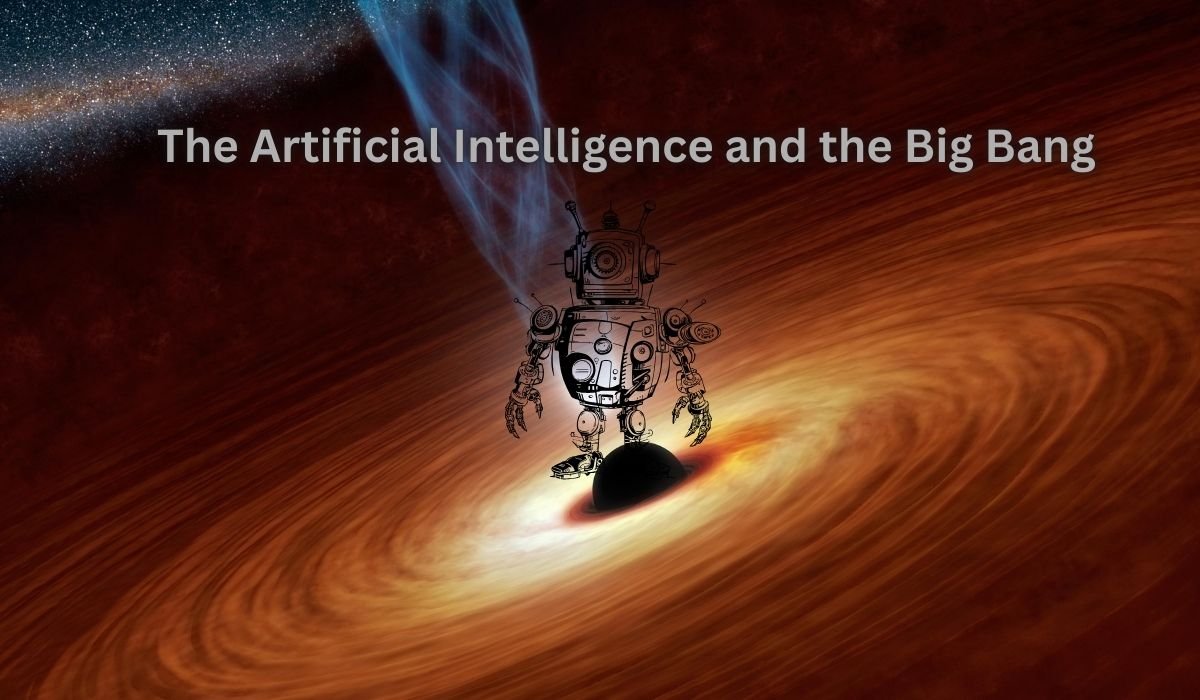






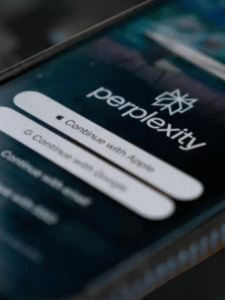





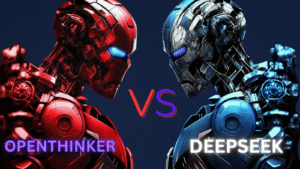


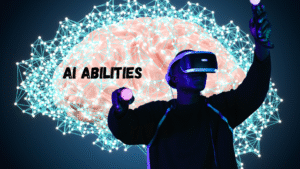


Post Comment